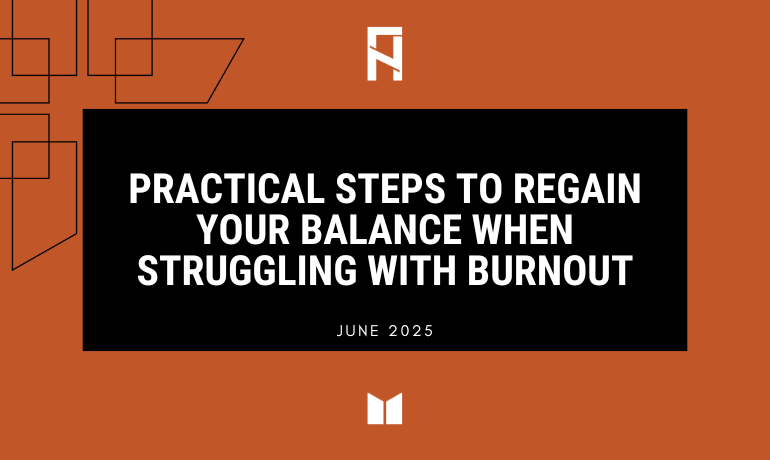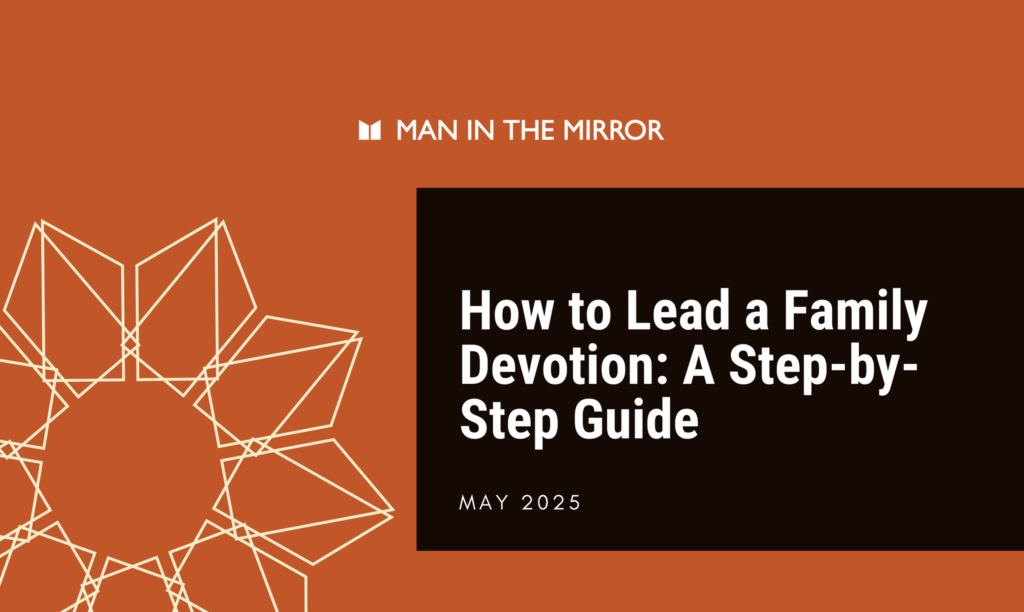Today, young men are a click away from the best sermons, podcasts, and commentaries in the world. But what’s harder to find are the authentic relationships that provide fertile soil for real growth and change. If you’re an older man, you can change that. At the heart of all discipleship is relationship.

By the Man in the Mirror Team
What do you picture when you consider discipling a man in his 20s or 30s?
Too many older men think that advice or teaching alone is all that’s needed to help a young man. They prefer to be a sage who dispenses wisdom—spiritual laws and nuggets they’ve picked up along the way.
There is a time and place for spiritual laws and life lessons, of course, but young men can already find plenty of it in sermons and podcasts.
What they are lacking is a restorative and healthy relationship with a spiritual father figure—an older man with whom they can discuss all aspects of life, from the mundane to the profound. They need someone who can encourage their healthy habits while also supporting them in areas of brokenness that need correction and restoration.
The Bible and Relationships
If we want to be connected in a discipleship relationship with a younger man, we must begin by acknowledging how God deals with us as sinners.
The cross strips off our masks and the defenses that we all use to hide our sin. If we are to be good men, we are to be men before the cross. And if we are to be good spiritual fathers and older brothers, we must begin with a strong sense that we are imperfect.
Our raw imperfection—that real sense of sin—is what gives us the right frame of reference to lead younger men. Not that we are the worst version of ourselves or that we do not have strengths, talents, and successes to share. But we must ground our relationships in the simple fact that God loves us each despite our sin.
A Conscious Choice to Be Real
All it takes to be vulnerable is a conscious choice to speak freely—to drop the mask and be the real you with him. By doing so, you can lead him into this same freedom.
Here are three ways to do this—
1) Model the Relationship You Want
[click_to_tweet tweet=”If we are to be good men, we are to be men before the cross. And if we are to be good spiritual fathers and older brothers, we must begin with a strong sense that we are imperfect.” quote=”If we are to be good men, we are to be men before the cross. And if we are to be good spiritual fathers and older brothers, we must begin with a strong sense that we are imperfect.”]
Paul tells his spiritual children to imitate him as he imitates Christ (see 1 Corinthians 11:1). But this is what children do naturally, too. Watch any young boy around his father and see how he mimics him.
Vulnerability starts with you, and it starts with you being mindful of the need to model this behavior. This modeling is both verbal and by example.
2) Admit Your Flaws Openly
There is a generational gap between what older men and younger men tend to focus on in our conversations. Older men typically like to talk strengths and successes. They describe the highpoints, the places where God has gifted them with talent to accomplish goals in life. It’s not as if older men deny their flaws or failures, but generally, they talk about the blemishes less often.
Younger men as a group tend to go the other way; talking about their flaws is the natural posture of someone who is real and unpretentious. Because of this, they may be less interested in how you succeeded than they are in how you struggled.
Lead by example and show him that you appreciate the challenges he’s facing in his life.
3) Share Your Story—the Good and the Bad
Relating with a younger man about your weaknesses is one thing, but you should also find space to discuss times you have been let down, hurt, or mistreated. This, too, is a normal part of the human experience.
Maybe a boss mistreated you, a pastor or spiritual leader let you down, a friend betrayed your trust, or your kids hurt your feelings. Men love to stuff these stories down and ignore the pain of being hurt—or we reach for anger or denial.
But what we need to do is show them how we dealt with these hurts in healthy ways—or how we didn’t and learned from it.
Be You, Be Relational
Men need to feel safe with their fathers. But if they have not ever known this safety before, it will take time to cultivate trust and vulnerability. The goal, then, is to drop the mask and share life together.
[click_to_tweet tweet=”The more we focus on building authentic relationships, the closer God can knit our hearts together as brothers.” quote=”The more we focus on building authentic relationships, the closer God can knit our hearts together as brothers.”]
THE BIG IDEA: The more we focus on building authentic relationships, the closer God can knit our hearts together as brothers.
Discipleship is relationship. As disciple makers, it is our calling to nurture these relationships. It starts with us.
This article was adapted from A Guidebook for Spiritual Fathers, Beta Version, 2022.
♦♦♦
[vc_widget_sidebar sidebar_id=”businesslounge-free-2″]






